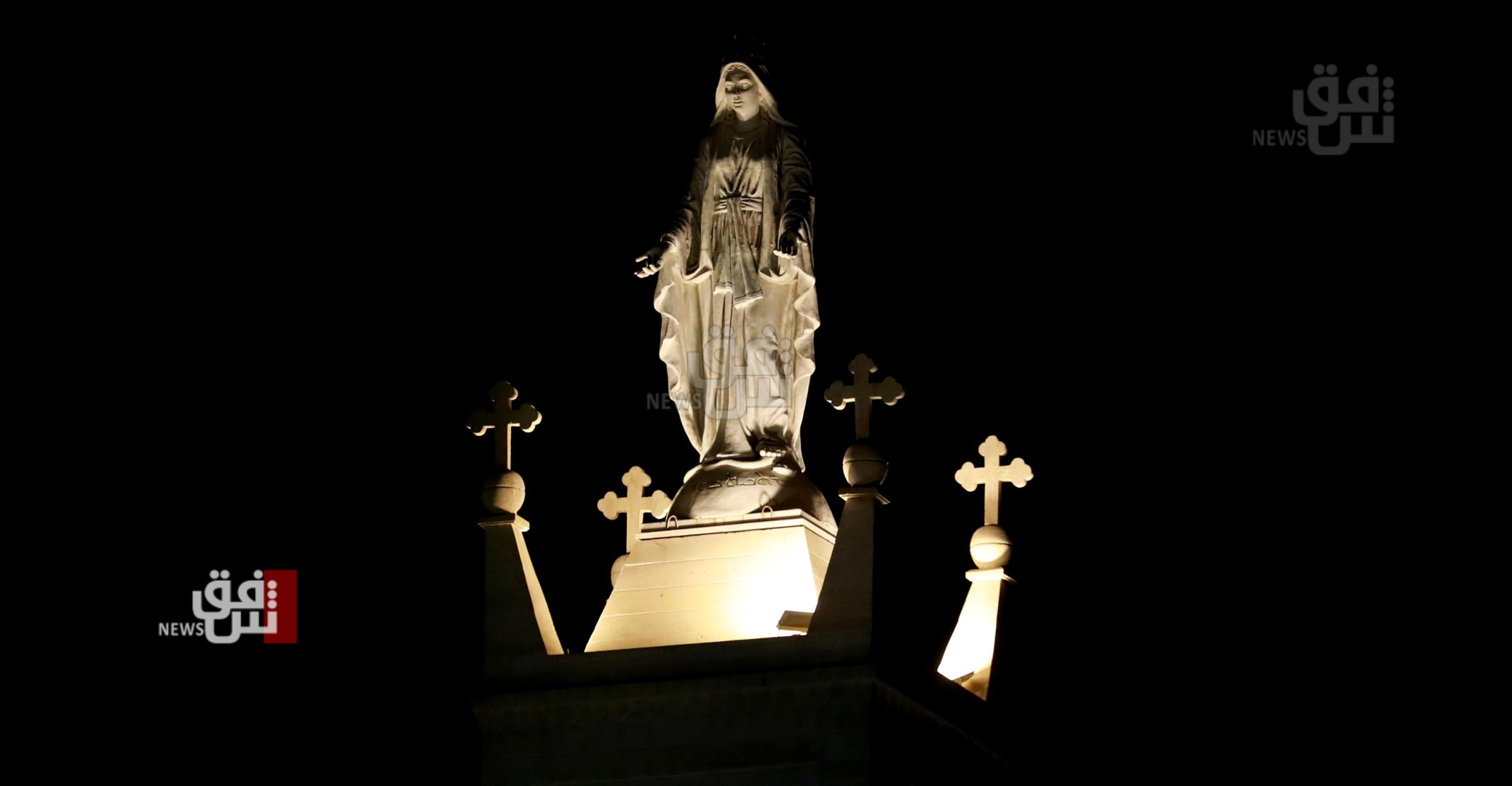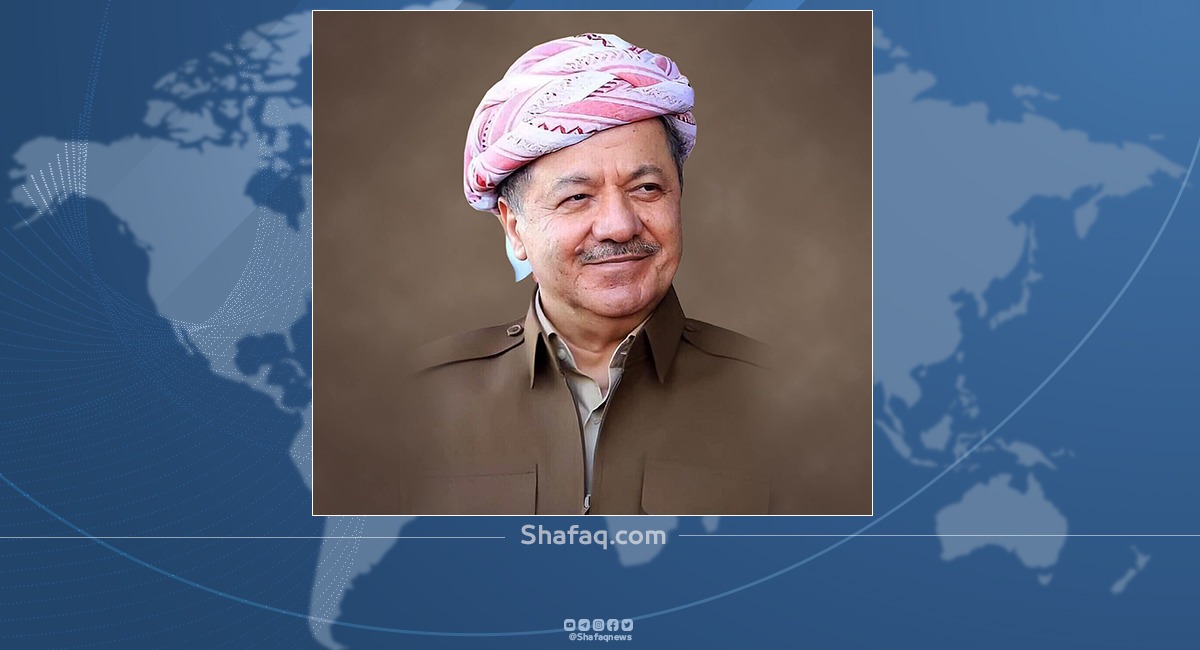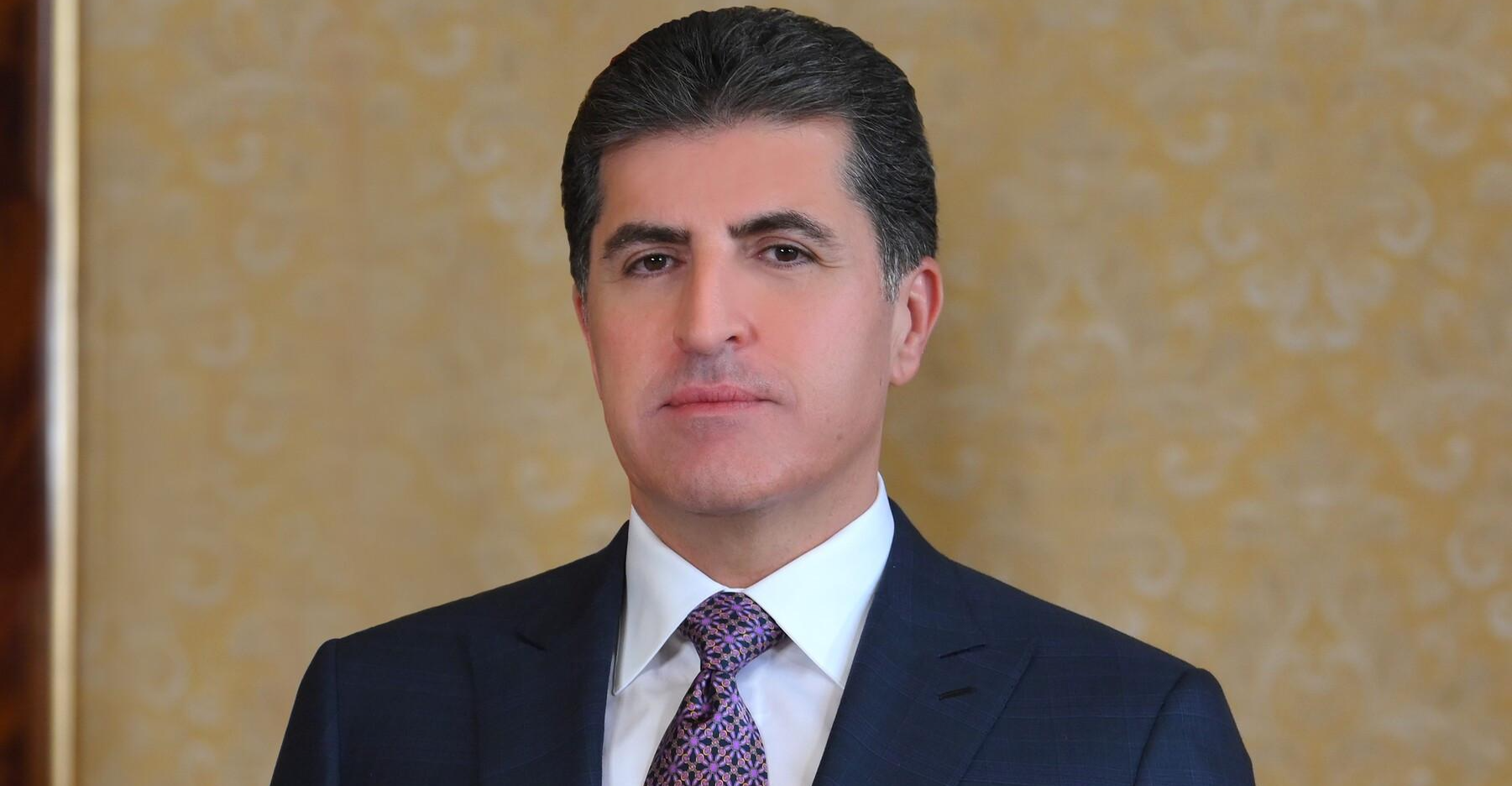Independent candidates in Kurdistan face mounting challenges ahead of 2024 parliamentary elections

Shafaq News/ As the Kurdistan Region prepares for its sixthparliamentary elections, independent candidates, particularly inAl-Sulaymaniyah governorate, are struggling to compete against well-establishedpolitical parties due to financial constraints, limited media coverage, andpolitical pressure.
Personal Resources
Candidates like Awat Hossam al-Din, who has worked incommunity service for 20 years, are relying on personal resources to fund theircampaigns. Hossam Al-Din has yet to print campaign materials or launch anofficial campaign.
"I haven't allocated any funds for my campaign, and Ihaven’t sought financial support from any businessman. I’m relying solely on myhusband, who is waiting for his salary to support me," she explains toShafaq News.
"When I submitted my candidacy, the electoralcommission asked about my expectations for these elections and told me thatthey would be different, with fewer opportunities for manipulation."
She hopes to represent independent women in the KurdistanParliament and has pledged to fight for the abolition of post-term privilegesgranted to MPs.
Meanwhile, Burhan Ali Faraj, an independent candidate andhead of the Kurdistan Men’s Union organization, voices frustration over thepolitical dominance of parties, saying, "For 32 years, parties havecontrolled everything."
Financial struggles have hampered his campaign, despiteefforts to gather support from local businessmen.
"I started my campaign with very modest financialmeans, and I am trying to persevere despite the overall situation."
"I need between 12,000 and 15,000 votes, and I havemanaged to secure about 10,000 so far."
He is determined to enter parliament to address the socialcrisis facing Kurdistan since 2010, with 229,850 divorce cases registered and270,000 children affected by family breakdowns. "I will enter parliamentto prevent this social catastrophe," he tells Shafaq News.
Saman Hussein, another independent candidate, has borrowedmoney to fund his campaign and relies heavily on social media to connect withvoters.
"I’ve been using live broadcasts on social media toconnect with voters, telling them that I’ve spent 28 years serving those inneed, and I’m relying on their loyalty in the elections."
Major Challenges
Observers note that independent candidates face significanthurdles.
Hawri Karzan, an election observer, points out to ShafaqNews Agency that independent candidates are at a distinct disadvantage. “Theylack the financial support and resources that major parties possess, whichseverely limits their ability to reach voters or organize promotionalactivities. The organizational infrastructure that larger parties have is alsoa crucial factor in their stronger campaign presence.”
Karzan stresses that media exposure is another criticalissue. "The local media tends to focus on the larger political partiesbecause of their influence, which leaves independent candidates struggling toget the coverage they need to present their platforms to the public."
Independent candidates also face pressure from establishedpolitical parties, according to Karzan. "There are frequent attempts tosideline independents or sway their voter bases through political promises orinfluence," he says, adding that navigating the legal procedures of theelection is another hurdle. "Gathering the required signatures and meetingother legal requirements adds further strain to their campaigns."
Despite these challenges, several independents remaindetermined to challenge the status quo in the upcoming elections, focusing onreformist platforms that tackle corruption and promote women's rights andequality.
Electoral Landscape and Voter Distribution
According to the Electoral Commission, a total of 1,190candidates are running in the upcoming elections. These candidates aredistributed across two coalitions, 13 parties, and include 85 independents,alongside 39 candidates representing minority groups, forming a total of 139electoral lists.
The Kurdistan Parliament is composed of 100 seats, with 95general seats and five reserved for minority quotas. The overall number ofeligible voters amounts to 2,899,878. Of this total, 2,683,618 are registeredfor general voting, while 215,960 are listed for special voting.
In preparation for the election, the commission has set up1,266 polling centers and 6,318 polling stations, with 165 centers and 749stations designated for special voting.
The distribution of Kurdistan Parliament seats varies bygovernorate. Erbil has been allocated 32 seats, Al-Sulaymaniyah 36 seats, Duhok24 seats, and Halabja three seats, accounting for a total of 95 general seats.




